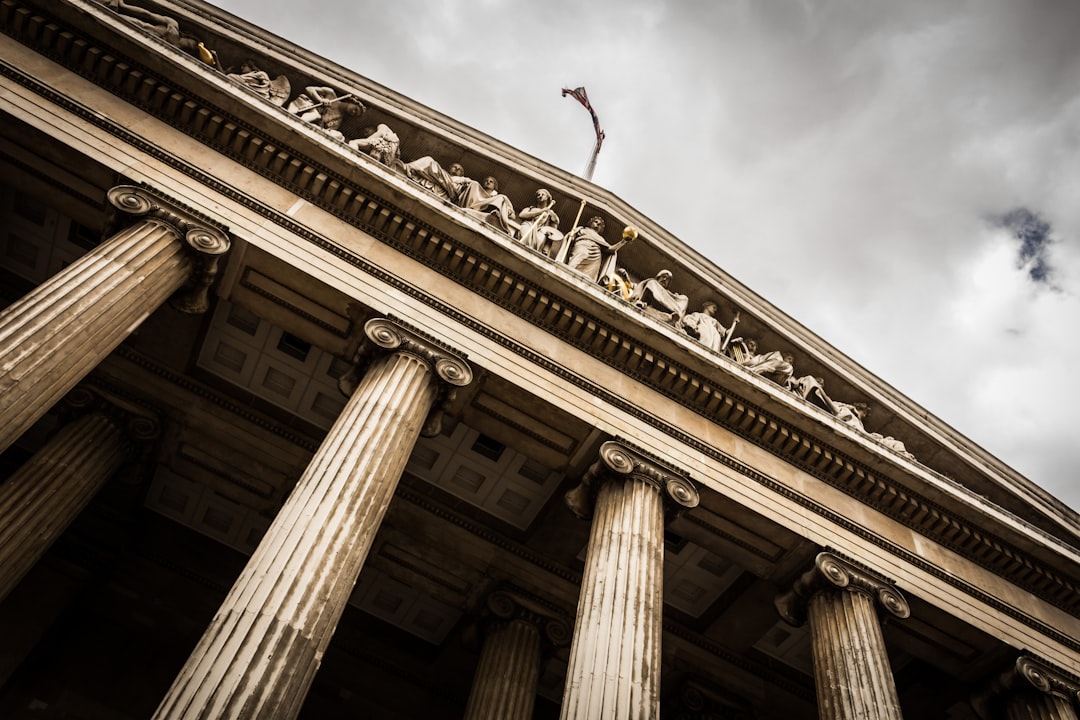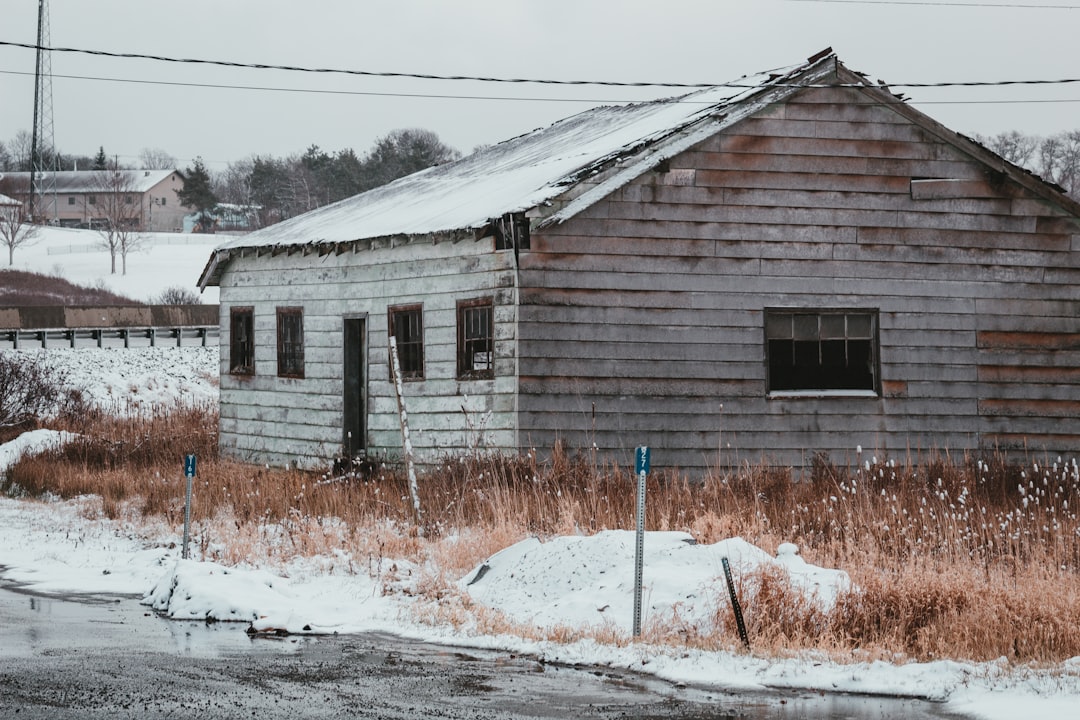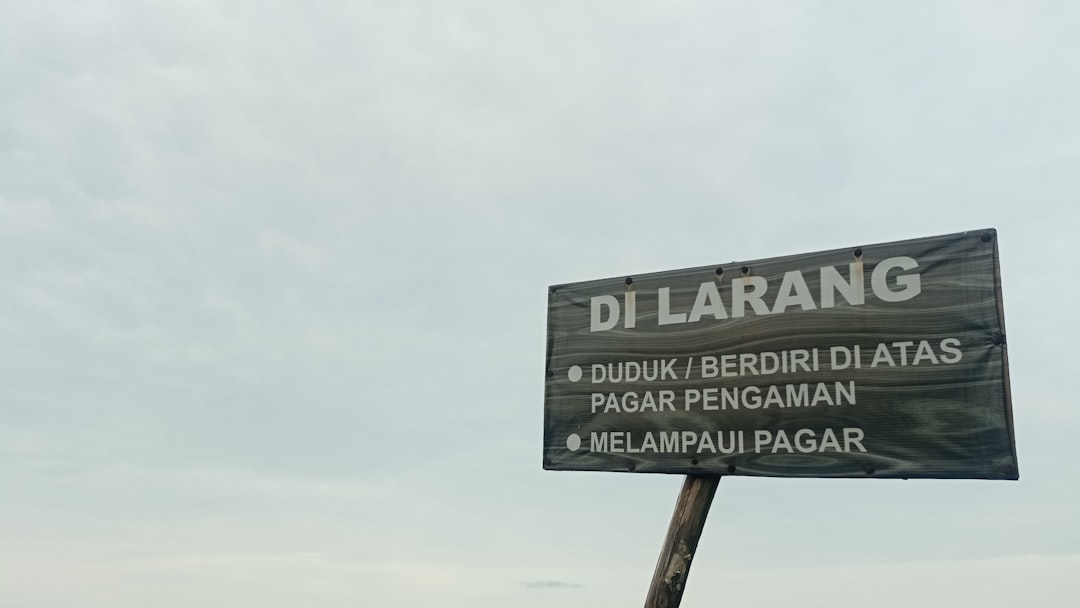In Pennsylvania, where strict laws against sexual assault exist, sexual abuse law firms offer specialized support to survivors and hold perpetrators accountable. Faith-based organizations (FBOs) are vital allies, leveraging community ties for education, awareness campaigns, and robust reporting mechanisms. They collaborate with legal professionals and authorities to prevent, identify, and respond to misconduct effectively, particularly focusing on child protection. Despite challenges like cultural taboos, FBOs have made significant strides through training programs for clergy and lay leaders, empowering them to recognize warning signs and foster safe environments. Legal advocacy by sexual abuse law firms facilitates justice and contributes to a safer environment by deterring future abuse in religious institutions across the state.
In Pennsylvania, faith-based organizations play a pivotal role in addressing sexual abuse prevention, complementing legal efforts from sexual abuse law firms across the state. This article delves into the complex landscape, exploring how these initiatives mitigate risks within communities. We examine Pennsylvania’s legal framework regarding sexual abuse, the proactive measures taken by faith-based groups, and successful programs fostering safe environments. Additionally, we discuss challenges, real-world success stories, and the influence of advocacy in strengthening faith-based sexual abuse prevention efforts.
Understanding Pennsylvania's Legal Landscape Regarding Sexual Abuse

In Pennsylvania, understanding the legal landscape regarding sexual abuse is paramount for fostering a safer environment, particularly within faith-based communities. The state has stringent laws in place to combat sexual assault and exploitation, with strict penalties for offenders. These laws not only protect victims but also hold perpetrators accountable, offering some solace to those affected by such heinous crimes.
Pennsylvania’s legal system recognizes various forms of sexual abuse, including assault, harassment, and exploitation. Sexual abuse law firms across the state play a crucial role in advocating for survivors, providing legal counsel, and guiding them through the complex justice process. These firms specialize in navigating the intricacies of sexual abuse cases, ensuring victims receive the support and justice they deserve.
The Role of Faith-Based Organizations in Preventative Measures

Faith-based organizations (FBOs) play a pivotal role in preventing sexual abuse within their communities, often serving as pillars of support and protection. These organizations, with their deep roots and strong networks, are well-positioned to implement preventative measures that cater to the unique needs of their members. Through educational workshops, awareness campaigns, and robust reporting mechanisms, FBOs create environments that discourage abuse and promote healthy relationships.
In Pennsylvania, where sexual abuse law firms have long been instrumental in fighting this issue, faith-based initiatives complement legal efforts by fostering a culture of consent, respect, and accountability. By integrating these measures into their existing structures, FBOs can effectively prevent, identify, and respond to instances of sexual misconduct, ensuring the safety and well-being of all individuals within their care.
Key Initiatives and Programs for Safe Communities

In Pennsylvania, several faith-based initiatives and programs have been established to combat sexual abuse within communities. Many religious organizations are now prioritizing the creation of safe spaces through comprehensive education and awareness campaigns. These efforts include training sessions for clergy and lay leaders on recognizing and responding to instances of sexual misconduct, particularly focusing on child protection. By empowering individuals within these communities to identify potential threats and report them promptly, a proactive approach to prevention is taken.
Moreover, faith-based networks have partnered with local law enforcement and sexual abuse law firms in Pennsylvania to establish reporting mechanisms and support systems. These collaborations ensure that victims of sexual abuse receive the necessary assistance and legal guidance while also holding perpetrators accountable. Through interfaith cooperation, communities are fostering an environment where sexual abuse is no longer tolerated, promoting healing, and ensuring the safety of all individuals.
Challenges and Success Stories: A Deep Dive into Prevention Strategies

Despite the sensitive nature of the topic, many faith-based organizations in Pennsylvania have made significant strides in addressing and preventing sexual abuse within their communities. These initiatives often face unique challenges, from cultural taboos to internal power dynamics that can impede open dialogue. However, success stories abound as dedicated leaders and supporters work tirelessly to implement robust prevention strategies.
One prominent approach involves comprehensive training programs for clergy and lay leaders, empowering them to recognize warning signs, respond appropriately to disclosures, and foster a culture of safety and respect. Collaboration with local sexual abuse law firms in Pennsylvania plays a crucial role, providing legal expertise and support systems for survivors while also holding perpetrators accountable. Through these combined efforts, communities are transforming, becoming safer places where individuals feel empowered to speak out against abuse.
The Impact of Legal Advocacy on Faith-Based Sexual Abuse Prevention

Legal advocacy plays a pivotal role in enhancing faith-based sexual abuse prevention initiatives in Pennsylvania. When individuals and communities face sexual abuse within religious organizations, they often turn to legal channels for justice and accountability. Sexual abuse law firms in Pennsylvania have been instrumental in addressing these complex issues by providing specialized support, raising awareness, and advocating for systemic changes.
These legal advocates help victims navigate the intricate processes of reporting, investigating, and prosecuting sexual misconduct cases within faith-based communities. They ensure that victims’ rights are protected, empowering them to come forward without fear of retaliation. Through their efforts, they not only offer justice but also contribute to a safer environment by deterring future abuse and promoting better safety protocols in religious institutions across the state.





